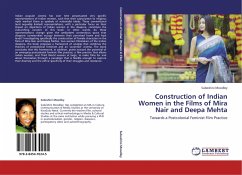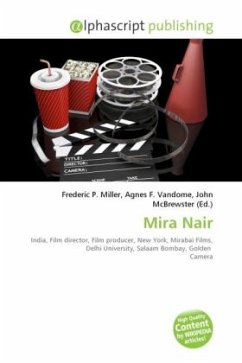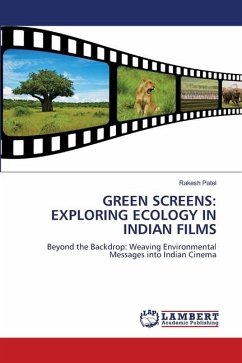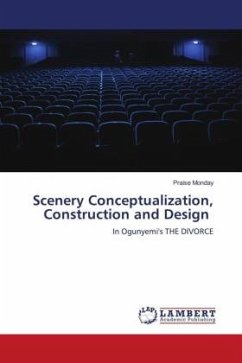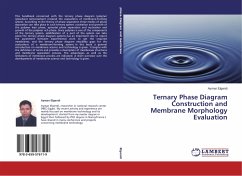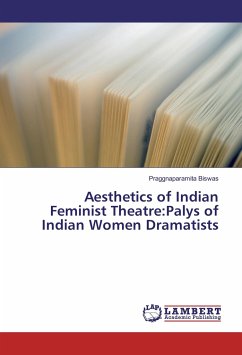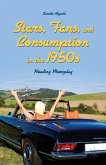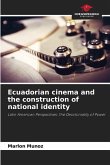Indian popular cinema has over time perpetuated very specific representations of Indian women, such that their subscription to religious myth marked them as symbols of nationalist ideals. These conventional (and arguably limited) representations, with a particular focus on their impact on depictions of Indian women in the diaspora, constitute the overarching concern of this book. In other words, do these representations change given the ambivalent contentious space that diasporic communities occupy between their perceived home and host lands? Investigating specifically the construction of female characters in the films of Mira Nair and Deepa Mehta, two women filmmakers of the Indian diaspora, the book proposes a framework of analysis that combines the theories of postcolonial feminism and an accented cinema. The book concludes that this framework, in addition, points toward the potential of an emerging postcolonial feminist film practice; a film practice that allows Indian women,and Third World women at large, to make films for and about themselves through a paradigm that is flexible enough to capture their diversity and the ethnic specificity of their struggles and resistance.
Bitte wählen Sie Ihr Anliegen aus.
Rechnungen
Retourenschein anfordern
Bestellstatus
Storno

